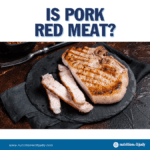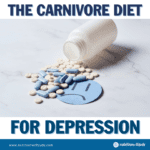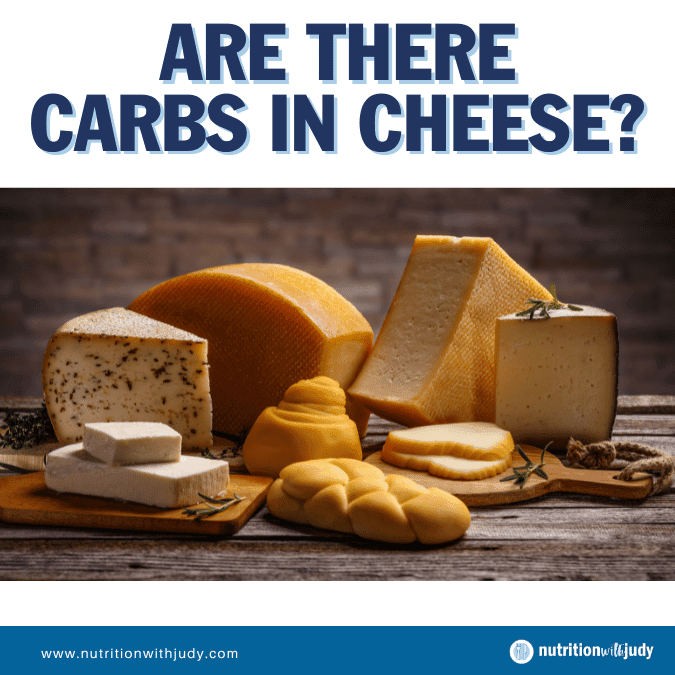

Are There Carbs In Cheese?


Let’s take a closer look to see which carnivore diets include cheese, what the macros are for cheese, and if you should include cheese in your carnivore diet.
What Is the Carnivore Diet?
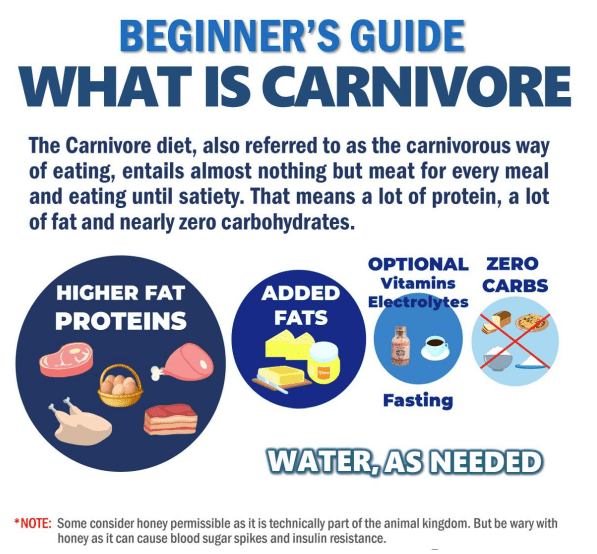

The carnivore diet, also known as the meat-based diet or Carnivore, is a zero-carb or nearly zero-carb diet that primarily consists of animal products. It focuses on all animal food sources while excluding plant-based foods. This diet is often adopted for weight loss, improved mental clarity, and compelling benefits in managing autoimmune, inflammatory, and gut conditions. It acts as the ultimate elimination diet, allowing individuals to discover if food choices are the root cause of their health concerns or if they need to dig deeper. It can serve as a foundational support for different parts of your healing journey while minimizing food variables that can cause a wide range of downstream issues.
What Types of Carnivore Diets Contain Cheese?
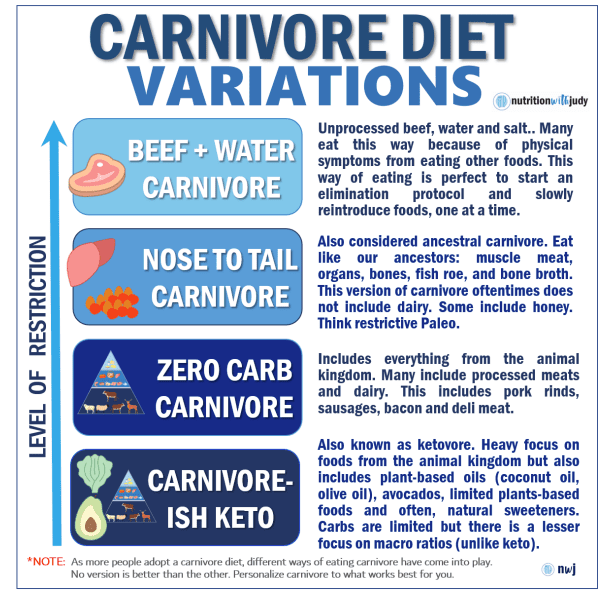

There are many different carnivore diet options to choose from. It’s best to choose the most restricted version as a starting point so that you’re able to slowly reintroduce different foods one at a time. While it can be tedious, this is the best way to discover if a specific type of food is causing you any issues. Food sensitivity tests are highly flawed and not proven in science, making elimination diets the best way to determine food sensitivities.
While the more restricted options such as the beef-only carnivore diet and the lion diet don’t include dairy, here are some the diet variations that do:
- Nose-to-Tail Carnivore Diet: This variation includes meat and organs from any animal variety. It also includes every part of the animal including dairy and eggs. Nose-to-tail can be a great option for individuals who enjoy eating organ meats or are temporarily targeting specific nutrient deficiencies. We always urge caution when ingesting liver and kidney as these pose the risk of vitamin A toxicity. Read more about the risks here.
- Zero-Carb Carnivore Diet: The zero-carb carnivore diet technically does contain minimal carbs from dairy and egg products. However, it’s nearly zero-carb as the bulk of the diet is various muscle meats from the animal kingdom. Some individuals will choose to use low-carb seasonings and may have other drink varieties outside of water such as coffee or zero-calorie flavored sparkling water.
- Carnivore Keto Diet: Also known as keto carnivore or ketovore, this way of eating is a middle-ground hybrid diet of the zero-carb carnivore diet and the keto diet. In addition to what’s included in the zero-carb carnivore diet, this option also includes healthier, low-toxicity non-animal fats, oils, and sugar alternatives. There’s no fiber and the carb intake is very limited to ensure ketosis.
- Carnivore-ish Keto Diet: The carnivore-ish keto diet primarily follows the carnivore keto diet but may also include some fibrous fruits, vegetables, and nuts as well as unsweetened beverages. When choosing which plants to include, individuals opt for low to no-net-carb varieties such as avocado and spinach. Unsweetened nut milk and flowers may also be a limited portion of the diet. This option and the carnivore keto diet option are both recommended for individuals who are metabolically flexible, well-healed, and aren’t struggling with food addiction.
- Animal-Based Diet: Propagated by Paul Saladino, the animal-based diet includes meat, organs, raw dairy, honey, and fruit. Since it includes fructose and carbs, it isn’t considered a ketogenic diet unlike the other carnivore diet variations listed. In our experience, this diet isn’t well-tolerated by individuals who have any metabolic dysfunction, are trying to lose weight, have sugar addiction issues, or have any existing health conditions. Elite athletes and healthy, athletic individuals tend to do their best with this variation.
Which Of These Carnivore Diet Variations Is Best for Me?
The nose-to-tail carnivore diet and zero-carb carnivore diets will be the most restrictive options from this list. We recommend starting here to get a baseline. This allows you to really tinker with the diet to find what’s working and what’s not.
The next three diet variations are usually recommended for individuals with metabolic flexibility, who have mostly or fully healed, and don’t have any food addiction issues. Depending on your activity level, current health, future goals, and food preferences, this can help you choose which diet you’d eventually like to graduate to.
Are There Carbs In Cheese?
The carb content in cheese actually varies from variety to variety. While some cheeses contain low-to-zero carbs, others have a significantly higher carb content. Many people on the carnivore diet don’t get too granular about their carb intake especially when their sole carb source is from dairy and eggs, but some people that need to limit their carbs for health or weight loss goals may find the following information useful.
What Cheeses Are Considered Low Carb?
Let’s explore a variety of cheeses, listing them from the least to most carbs, to help you make informed decisions:
- Brie Cheese: With its creamy and buttery taste, Brie contains approximately 0.1 grams of carbs per ounce, making it a perfect carnivore-friendly snack.
- Camembert Cheese: Similar to Brie, Camembert has about 0.1 grams of carbs per ounce. Its rich flavor enhances any cheese board.
- Muenster Cheese: With only 0.3 grams of carbs per ounce, muenster is a delicious option for carnivore grilled cheeses, burgers, and more.
- Cheddar Cheese: A staple in many diets, cheddar contains less than 0.5 grams of carbs per ounce. Its rich flavor and versatility make it ideal for staying in ketosis.
- Goat Cheese: Soft and tangy, goat cheese has about 0.5 grams of carbs per ounce. It’s great for many different carnivore diet recipes ranging from egg scrambles to burger toppings.
- Gouda Cheese: Known for its nutty and slightly sweet taste, Gouda has about 0.6 grams of carbs per ounce. It’s excellent for snacking or melting over dishes.
- Mozzarella Cheese: With 0.6 grams of carbs per ounce, mozzarella is still a low-carb favorite, especially for making carnivore lasagna, pizza, and mac and cheese.
- Blue Cheese: With its distinct flavor, blue cheese contains around 0.7 grams of carbs per ounce. It’s great for adding a flavor punch to steaks and burgers.
- Halloumi Cheese: This grilling cheese has around 0.7 grams of carbs per ounce. It’s excellent for a keto-friendly grilled cheese option.
- Swiss Cheese: Famous for its holes, Swiss cheese contains about 1.0 gram of carbs per ounce. It’s perfect for carnivore sandwiches and melting.
- Cream Cheese: At about 1.0 gram of carbs per ounce, cream cheese is versatile for many carnivore recipes.
- Parmesan Cheese: A hard, aged cheese, Parmesan has about 1.2 grams of carbs per ounce. It’s excellent for grating over carnivore pasta dishes and chicken wings.
- Feta Cheese: This crumbly, salty cheese has around 1.2 grams of carbs per ounce. It’s ideal as a topping for carnivore pizzas, burgers, and chicken.
- Ricotta Cheese: With 3 grams of carbs per ounce, ricotta is higher in carbs but may be used in smaller portions to achieve a creamy richness.
- Cottage Cheese: Although it contains about 3-4 grams of carbs per ounce, it can be included in limited quantities if you’re concerned about minimizing carb intake.
Should Cheese Be In My Carnivore Diet?
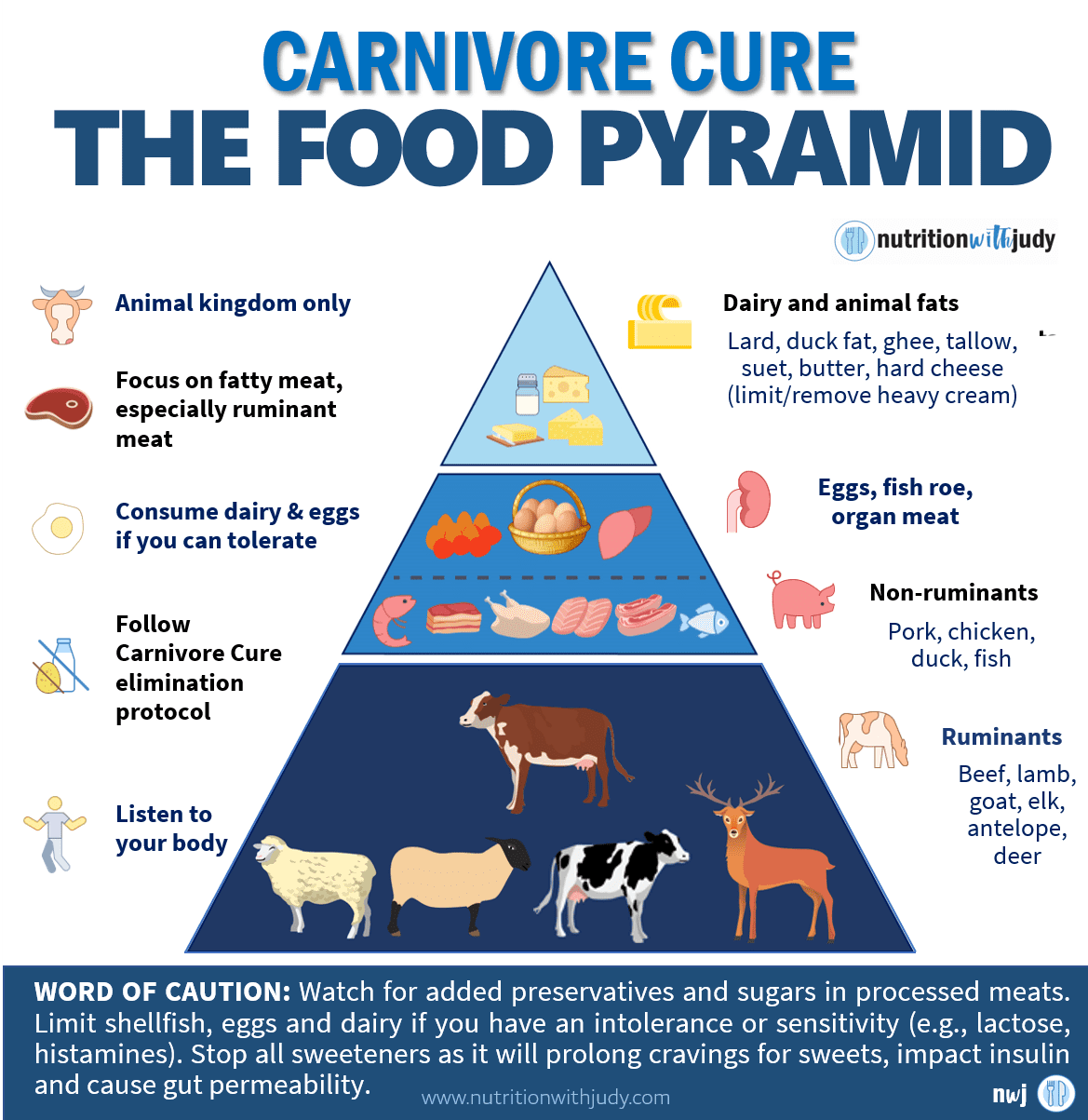

While some people require healing before they’re able to enjoy any dairy products, there is a misconception that cheese is always inflammatory and problematic. In fact, cheese is actually a health food.
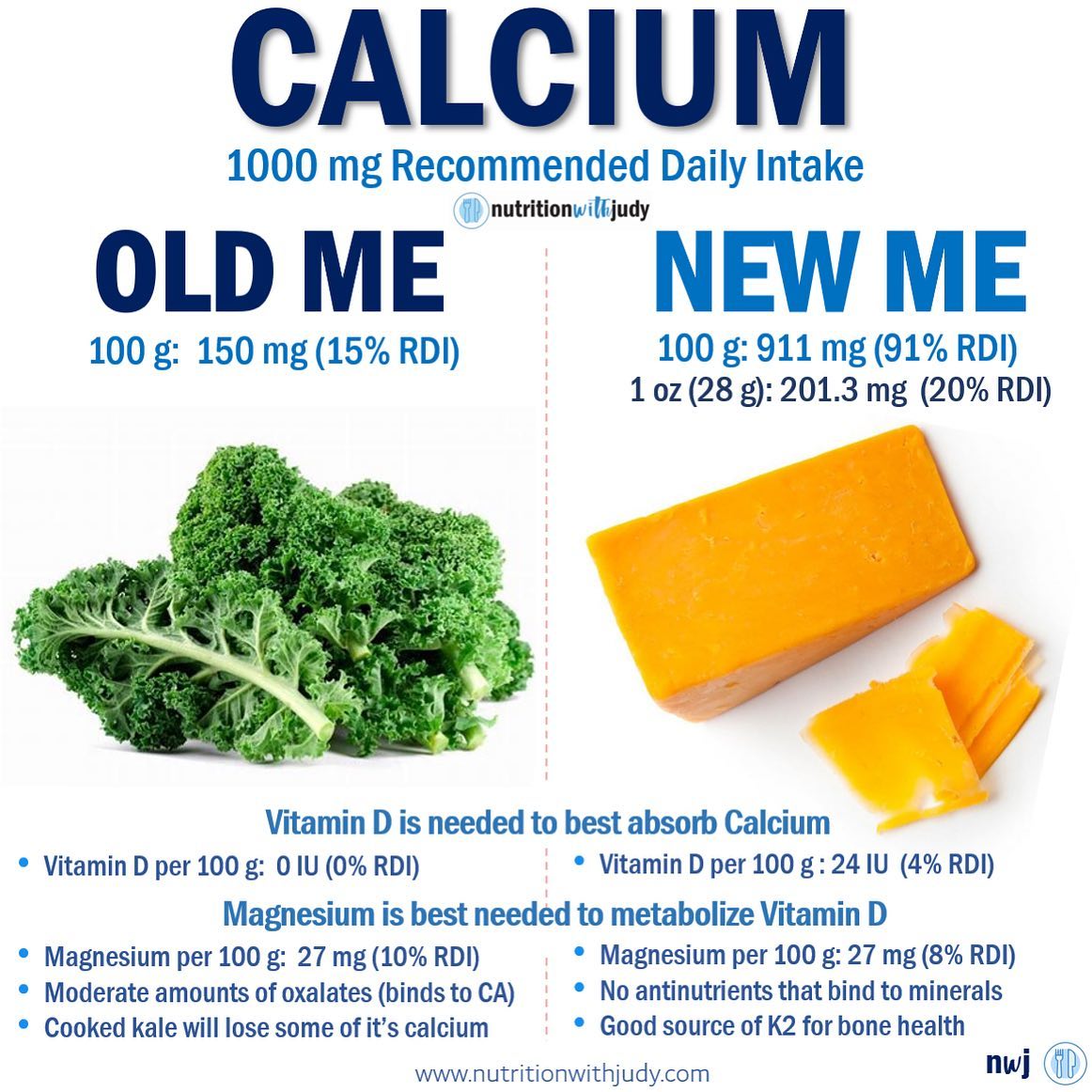

Originating from ancient civilizations, cheese provides a good source of protein, fats, and minerals. The health benefits of cheese have been a subject of scientific study, with some evidence suggesting potential protective effects against various health conditions.
- Cardiovascular Disease and Stroke: A 2010 meta-analysis examined 21 previous studies that involved 347,747 people. The study reported that consuming saturated fats such as dairy fat was not associated with stroke or heart disease. Other studies have reported that regular consumption of dairy fats found in cheese is linked with a reduced risk for heart attacks. Researchers believe that vitamin k2 found in dairy may be one of the reasons why cheese has cardiovascular benefits.
- Metabolic Syndrome: A systematic review examining the effects of dairy consumption on metabolic syndrome (a cluster of conditions increasing the risk of cardiovascular disease and type 2 diabetes) found that out of 13 studies, seven demonstrated a protective effect of dairy foods, including cheese, against metabolic syndrome.
- Ischemic Heart Disease: A large study involving 409,885 men and women across nine European countries revealed that a higher intake of cheese was associated with a lower risk of ischemic heart disease.
- Decreased Cardiovascular Mortality: The EPIC-NL study, which included 34,409 Dutch men and women, found that cheese consumption was linked to a decreased risk of death from cardiovascular disease, especially strokes.
These findings suggest that cheese can be a beneficial part of a balanced carnivore diet, contributing to heart health and potentially offering protection against certain metabolic conditions. However, cheese should be consumed in moderation and seen as a side for a meal, not the main course.
Butyrate-Rich Cheese
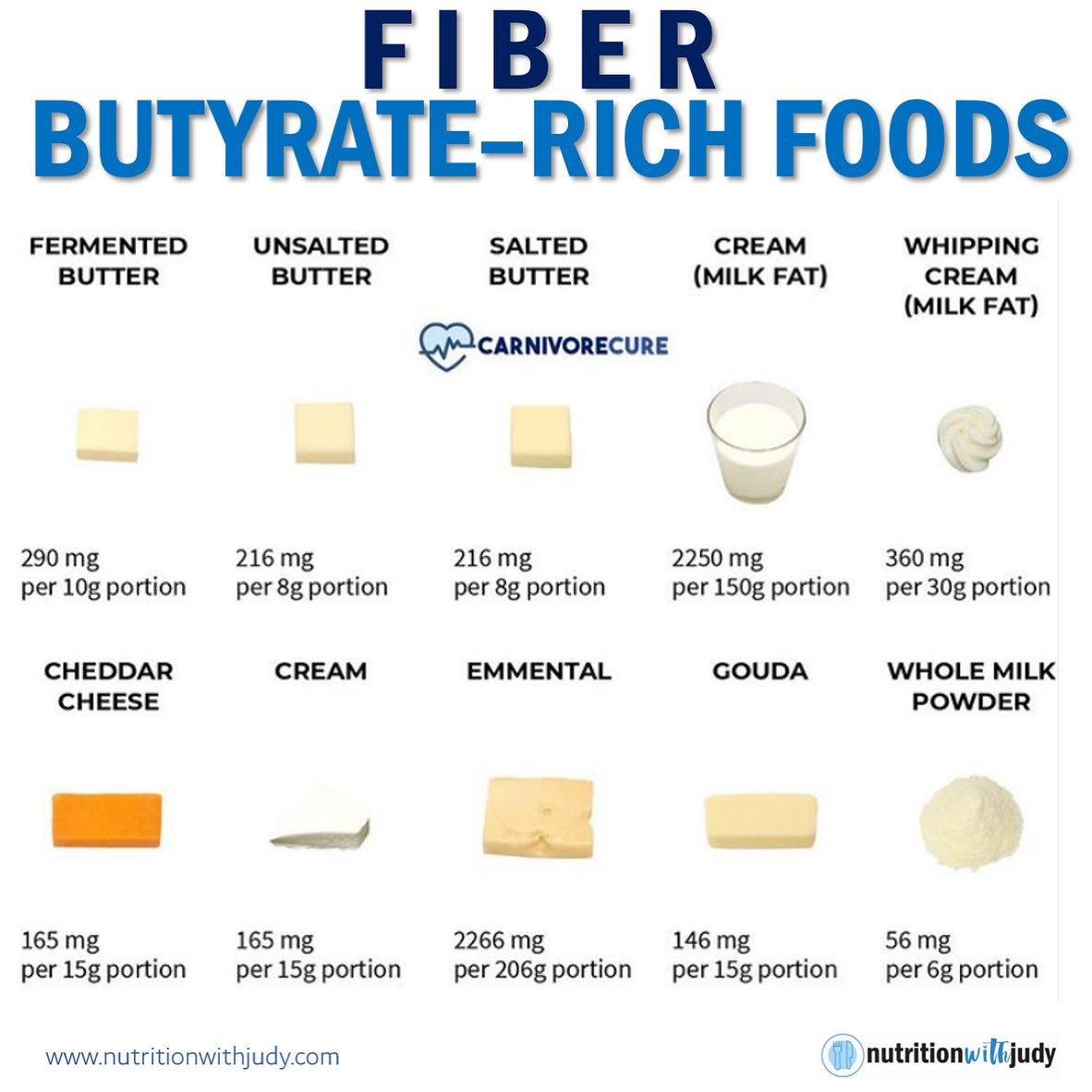

Not only is cheese associated with a reduced risk of diabetes, improved body mass index, and neuroprotective properties, but it is also one of the better sources of dietary butyrate. Butyrate is a type of short-chain fatty acid (SFCA) that offers significant health benefits across the body including the heart and gut. Learn more about SCFAs and how cheese and other dairy can be a great alternative to fiber.
Closing Thoughts On Cheese and the Carnivore Diet
Are there carbs in cheese? Yes, but it varies. Even higher-carb cheeses can offer incredible health benefits and can be enjoyed in limited quantities on a low-carb carnivore diet. If you tolerate dairy and it doesn’t stall your weight loss goals, consider eating cheese so you can enjoy a bit of food freedom.
Low-carb cheese varieties may offer a better option for individuals with different health goals— remember, your carnivore diet should always be personalized for you.
Work With Our Trusted Carnivore Diet Functional Nutritional Therapy Practitioners
The Nutrition with Judy practice is honored to be a trusted carnivore diet practitioner support serving clients from around the globe. We’re passionate about helping our clients achieve root-cause healing in order to lead the best quality of life possible that’s nearly symptom-free. Our team is dedicated to educating our community about the incredible benefits of the carnivore diet. We welcome you to explore our free resources and are always available to support you through personalized protocols. Our Symptom Burden Assessment (SBA) is the perfect starting point for discovering your root cause and is required to work with our team— you can learn more in-depth about this powerful tool here.
Start your root-cause healing journey today and contact us any time with any questions or concerns.
DISCLAIMER: This content is for educational purposes only. While we are board-certified in holistic nutrition and are nutritional therapy practitioners, we are not providing medical advice. Whenever you start a new diet or protocol, always consult with your trusted practitioner first.




